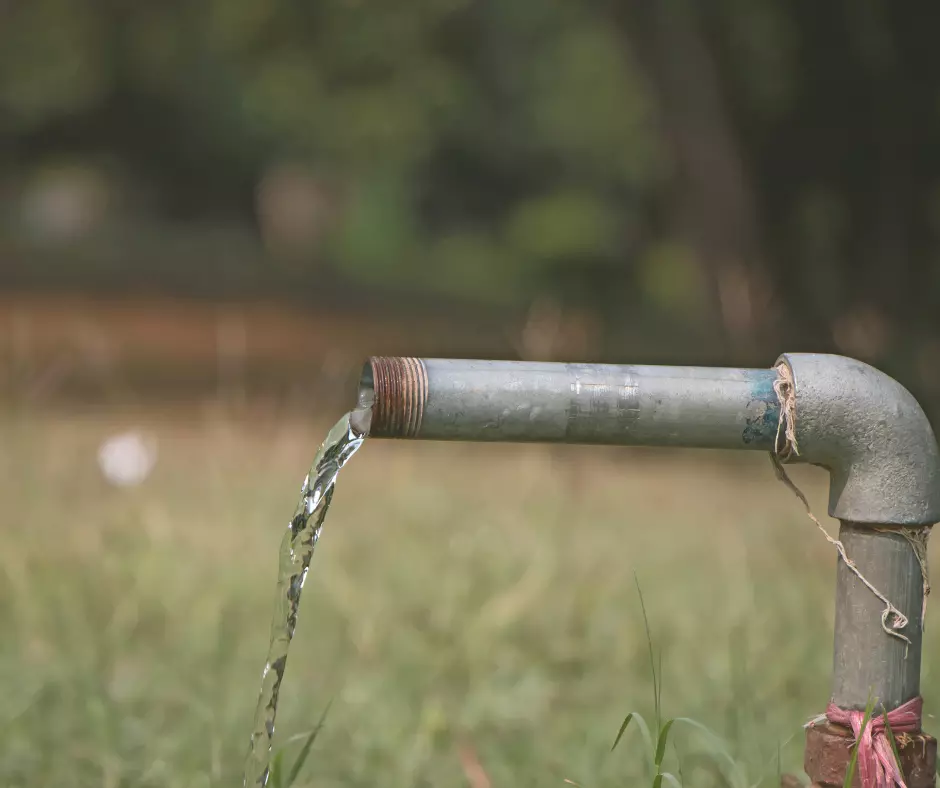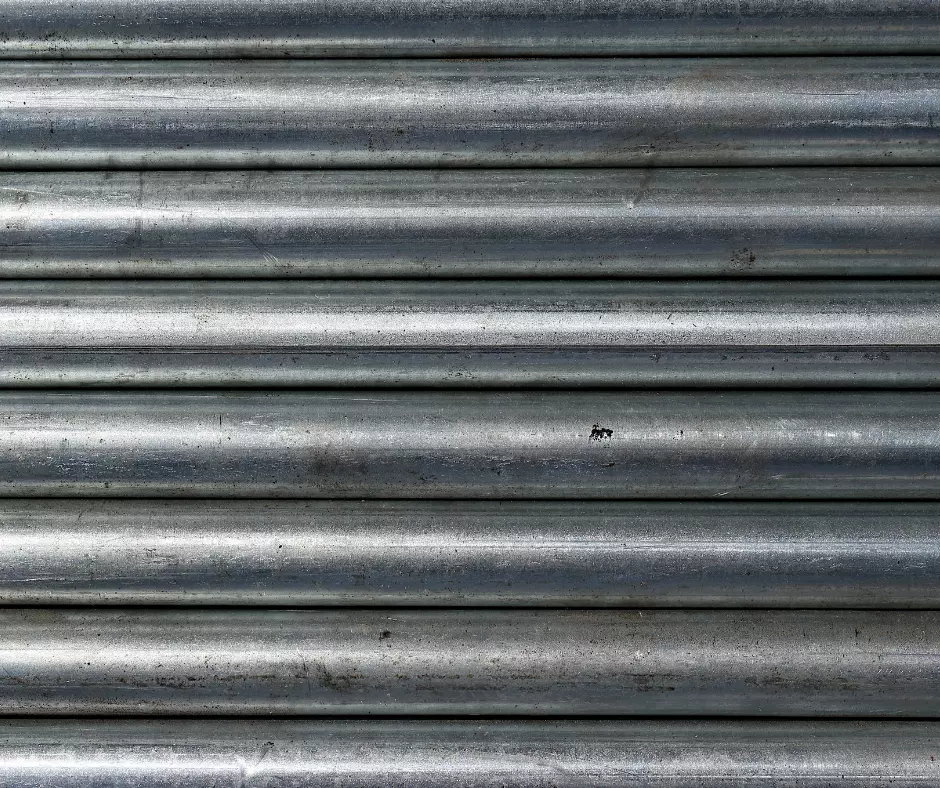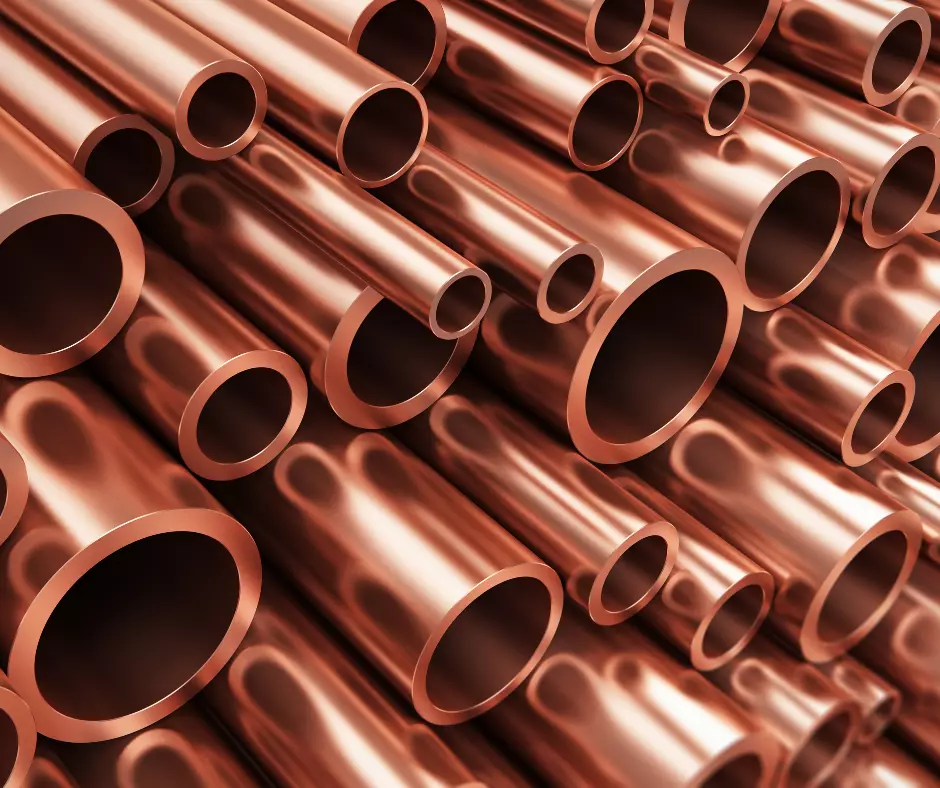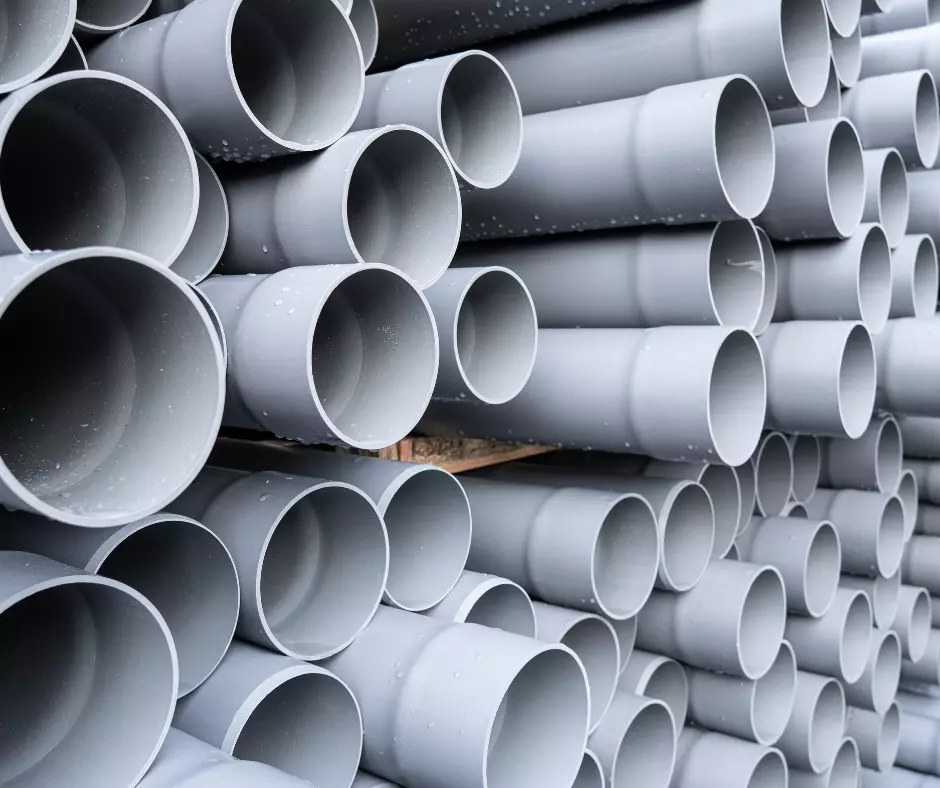In modern homes, if you’re thirsty, you can easily fill up your glass. Stressful day at work? Run the hot water and melt away the stress. Water is one of those luxuries that you don’t realize you have until it’s gone, and for most of us, you don’t notice the intricate system that goes into it.
If you could peel back your wall, you would see a spider’s web of pipes which serve various purposes. They have the important function of bringing in and expelling water as needed, making your house liveable.
However, not all piping systems are safe. Some of the safe ones don’t even last long. The best way to tell the difference is to see what they’re made of. There are 5 common types of materials used in plumbing, each with their advantages and disadvantages.
This guide will discuss the various materials used in piping your home, as well as lead pipes in old homes and what this may mean for you.
How to Choose Water Supply Piping | This Old House
Lead

If you just had a knee-jerk reaction to that word, it was for a good reason. Lead is widely known to cause neurological damage, especially in children, but it wasn’t always such common knowledge.
Lead is really strong, resists breakage, and is easy to form, so if you didn’t know any better, it’s a no-brainer choice. Lead pipes in old homes are really common, and when we say old, we mean before 1980. What makes lead dangerous is when it corrodes. Bits of the metal will come off and land in your water, leading to health issues all around.
The good news is that no one makes lead pipes anymore, so if you have a new home, you likely have very little to worry about. Here’s a time for a nice, big sigh of relief, but we’re not out of the woods yet.
If you live in a home built before the late 80s, you might have lead pipes or solder and not even know it, and with the fact that even trace amounts of lead are harmful, it’s better to be safe than sorry.
If you suspect you might have lead pipes – especially if you have an old home – you have some options to test it. You can immediately request a water report or follow these few steps. We’d be glad to help put your mind at ease, as well, so feel free to reach out to our friendly representatives at Murley Plumbing and ask us about inspections.
If we find lead, we’ll help you replace them as soon as possible. We know the danger, and we want to help. In the meantime, consider getting a lead filter for your showerheads and faucets.
Galvanized Steel



Galvanized steel pipes were the solution when people discovered the danger of lead. It’s not perfect, but it’s much safer. It’s not a material used in modern homes, again, prior to 1980.
There are attractive positives to galvanized steel, one of which is its durability, so at the time it was installed in homes, it was the perfect replacement for lead. That said, plumbers and homeowners of the past didn’t know that steel wasn’t much of a long-term solution.
Once you get this heavy system into place, you’re not going to want to change it often, but that’s the problem with galvanized steel. It doesn’t hold up spectacularly over time. Its main issue is rust. Galvanized steel has a high potential for internal rust.
Though they were coated with Zinc to avoid corrosion, that coating wears off when in constant contact with water. As rust builds, you run the risk of clogs in your water flow, which can be incredibly frustrating. Moreover, there aren’t many options to fix the buildup, so we highly recommend getting the system replaced.
If you’re curious about whether this could be the problem you’re facing in your home, forming an educated guess starts with locating where the piping enters the home. Then, scratch it. If the scratch is a silver-gray color and shows metal threads, you can be pretty confident it’s steel.
If your suspicions are correct, the last step is to contact us for a consultation to see how our professionals at Murley Plumbing can clear or replace your pipes.
Copper



Ever hear someone bragging about their brand new copper pot? There’s a reason why copper is so coveted in cookware. Copper is light and has a high resistance to heat. The reason why it’s the best in plumbing is roughly for the same reason.
Plumbers love copper because it’s lightweight and thin, easy to install, and is extremely durable. Once put in place, the piping will last through decades of heavy use. Point blank, it’s definitely what plumbers regard as “the gold standard”.
The phrase “worth its weight in gold” comes with a lot of weight when we talk about copper pipes, as one of its only disadvantages is price. A copper system doesn’t come without a little whimpering from your wallet. However, in the long run, it’ll save you money.
Copper pipes are in high demand, so the price only makes sense. Watch out because many still have lead solder, so avoid that detail at all costs. Copper still corrodes over time, but it’s much slower than other metals. Really, your biggest concern for wear and tear is when it’s exposed to rapidly fluctuating temperatures. That’s when you run the risk of pin leaks.
Copper is still undoubtedly the high end, luxury piping material regardless of its flaws. If you’re worried about the age or condition of your pipes, contact us for professional plumbing services and inspections.
PVC



If you dissect the walls of recently built or renovated homes, you’ll probably see PVC pipes. They’re as tough as anything you can get, and they have no chance of corroding or rusting. Also, you’re not going to have to worry about clogs nearly as much as the other varieties of pipes.
If you’re worried about possible breakage, we have great news for you. It’s super easy to tell if something is wrong. Its white surface makes it easy to tell exactly where repairs are needed.
If you want the cheaper, more convenient option of PVC, there are some trade-offs to be aware of. First, it’s not as durable as metal pipes because of its tendency to leak and crack.
The glue that holds it together also wears away over time. You’re going to have to be vigilant about if your pipes are cracked or leaky. The more expensive options you can get for PVC pipes don’t have these issues as frequently, so the quality of the material is something you want to invest in.
Conclusion
You definitely don’t want to be messing around with the quality of your water pipes, especially if you’re dealing with lead pipes in old homes. There’s not many worse things than your house flooding, and with some systems even being fatal, you need to really consider what your pipes are made of.
If you want to talk to a plumber about any of this, and you’re in the Grayson and Collin County areas, we encourage you to reach out to our specialists at Murley Plumbing! We’d be happy to help, so reach out and let’s find out together how we can help your home stay in the best shape!


